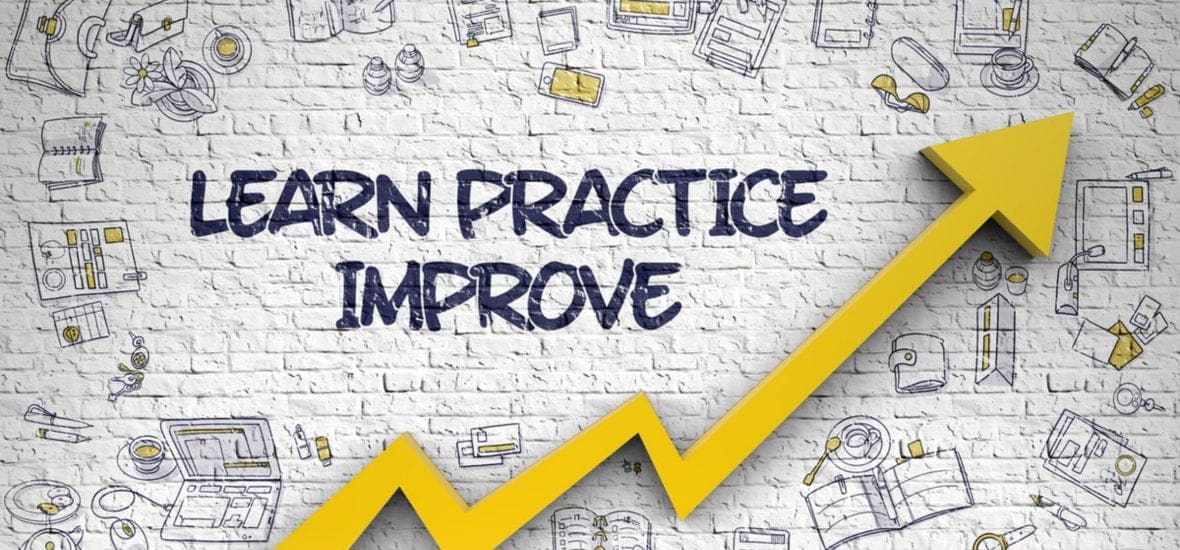
Learn more about search engines & how they work
Search engines are a big part of marketing today, but how do they actually work? Lots of businesses hire SEO marketing teams to help promote their business, but they don’t fully understand how search engines see websites and SEO.
If you want to learn more about search engines so that you can understand SEO and how it works, here is a guide to help you.
How Search Engines See Your Site
Search engines are more advanced today than ever. In the past they searched for websites based on how frequently the search term (such as ‘red cars’) appeared, but today they use much more sophisticated algorithms.
Modern search engines do two things: they index information, and then they rank it in order of relevance. However, they are limited in how they do this. A search engine only sees certain parts of a site, so the actual one will look different. Certain things won’t appear at all, while other things (such as text) will do.
Because of this, businesses must modify their sites so that they rank highly with search engines as well as people. You can see what your website looks like to a search engine at SEO-browser.com.
Why That Can Be a Problem
Some businesses think that their website is perfect as it has lots of information that is broken up across the screen, as well as useful images and videos. However, they still haven’t noticed an increase in sales – in fact, sales have actually started to drop.
Normally, when this happens it is because the page looks completely different to a search engine. This can happen if the site is built entirely in Flash, as there won’t be any HTML text, tags or links for the search engines to index. This means that the search engines can’t index any of the content, so the site is ranked low and doesn’t appear on the first few result pages.
Creating Indexable Content
If you want your website to appear on the first page of Google, you must create indexable content. Most of your content should be in HTML text format so that the search engines can pick it up, as Flash files, images, Java and other types of non-text content are normally ignored by the search engine crawlers.
It is likely that your site will still include lots of non-text content, but this isn’t a problem. Simply add text tags to images, supplement videos with text links and descriptions and offer a transcript for audio recordings to add HTML text content.
Using Keywords to Your Advantage
Keywords are an essential part of how search engines see your site, so you should make sure to include some keywords on every page on your website. For instance, if you are a business in Manchester that sells sinks, you should try to include terms like ‘Manchester sinks’, ‘Manchester sinks for sale’ and ‘sinks in Manchester’ if you want your website to appear when people are searching for a company like yours.